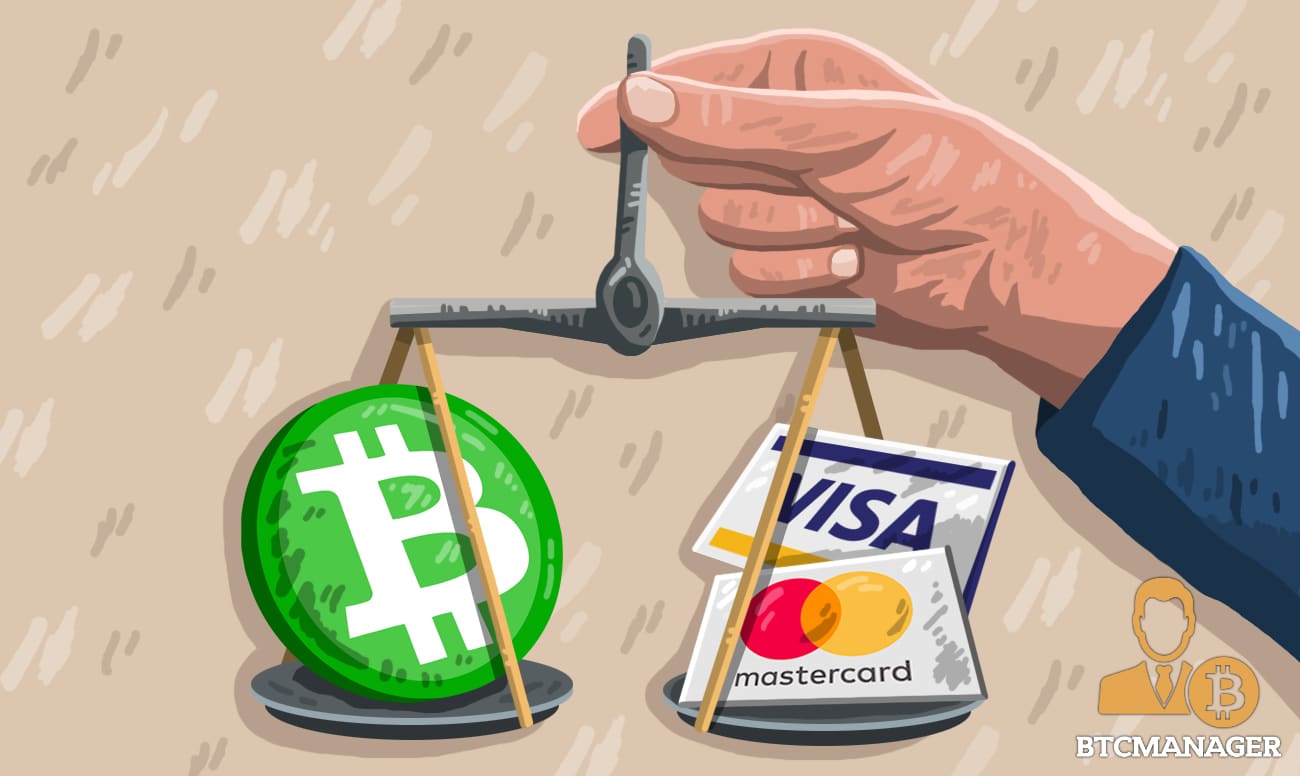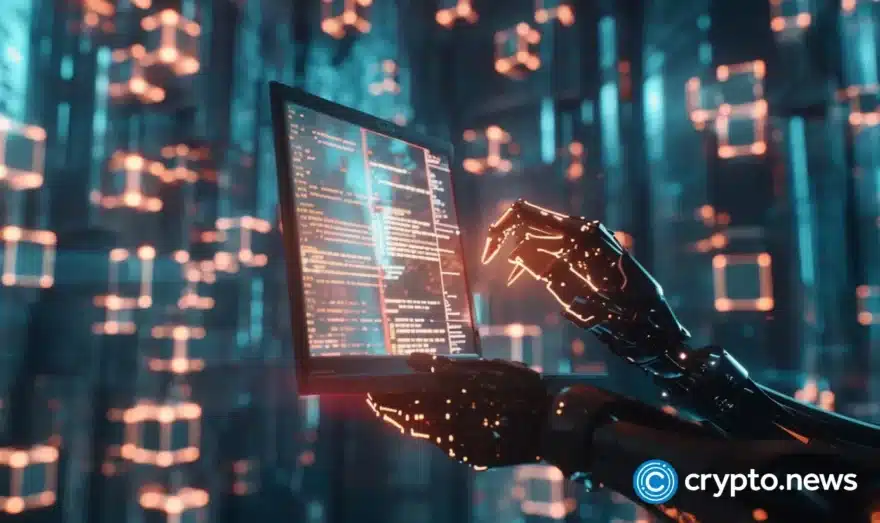Bitcoin Cash Developer says Network will “Scale to VISA Levels” of Handling Transactions

In an attempt to clear the debate among cryptocurrency developers between the philosophies adopted by bitcoin (BTC) and bitcoin cash (BCH), Amaury Sechet, lead developer of Bitcoin Cash, emphasized how the Bitcoin Cash protocol follows the original values proposed by Satoshi Nakamoto in the Bitcoin whitepaper.
Reducing Time Interval Between Blocks
Speaking at the CoinGeek conference on June 10, 2018, Sechet explained the idea to reduce the time between block intervals was first mooted when the number of pending transactions in the mempool went drastically high in August 2017.
Sechet noted it would sometimes take over a day to process a transaction to be processed and as costs kept increasing, Bitcoin Cash was created after a hard fork on August 1, 2017.
As Sechet stated, a ten minute interval between two blocks being processed on the bitcoin blockchain allows the network to process three transactions every second. However, if the block interval was reduced, more transactions could be handled in lesser time. But, the bitcoin community could never reach a consensus on what parameters should be changed.
Sechet initially thought reducing the block interval of BCH to three seconds would be a good idea but soon realized the newer blocks could not be generated that quickly. A more technically feasible solution would be a block interval of two minutes which allows miners to validate transactions and upload them on the ledger.
With this approach, Sechet stated transactions processed on the Bitcoin Cash protocol would reach “as many transactions as Visa does in one second.”
Sechet added the BCH developer team is working towards increasing the block size to 32 MB and noted the efforts of Bitcoin Unlimited, a team of developers who successfully processed a 1 GB block. An increase in the block size is believed by some to be an improvement over existing standards.
Bitcoin vs. Bitcoin Debate
Amongst all developments in cryptocurrency transaction speeds, Bitcoin has stayed true to its original version. No major changes have taken place on the network ever since it came into being, apart from the important Lighting Network and SegWit code updates.
Newer opcodes have been added to the Bitcoin Cash protocol which has been received well in the community. Sechet said the protocol’s developer team is trying to make the cryptocurrency an utmost reliable way to send and receive funds using blockchain technology. Lastly, he believes the Bitcoin Cash developers are more open to community suggestions than teams working on Bitcoin.












